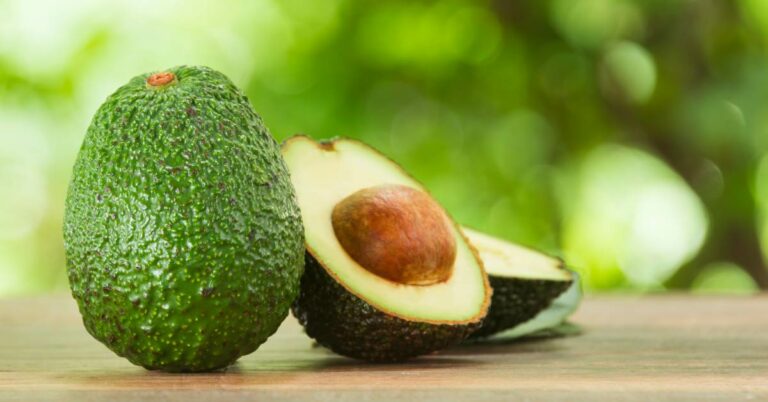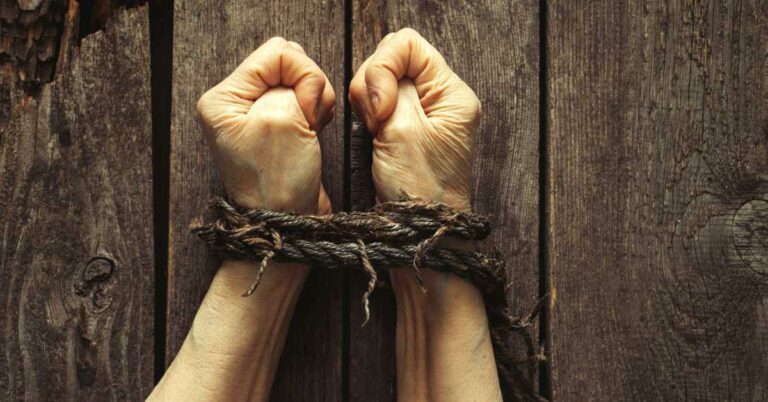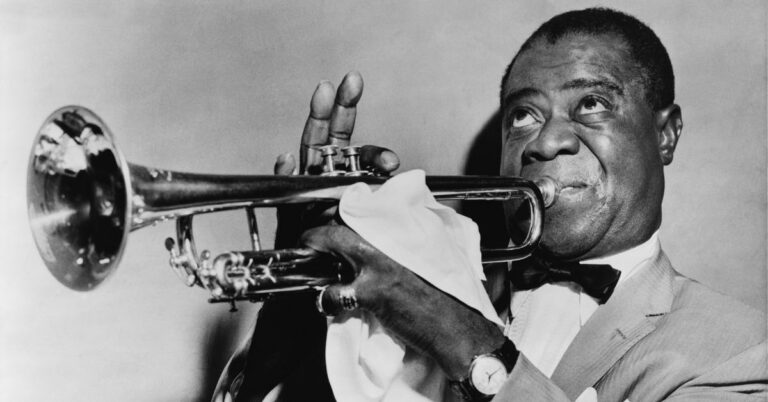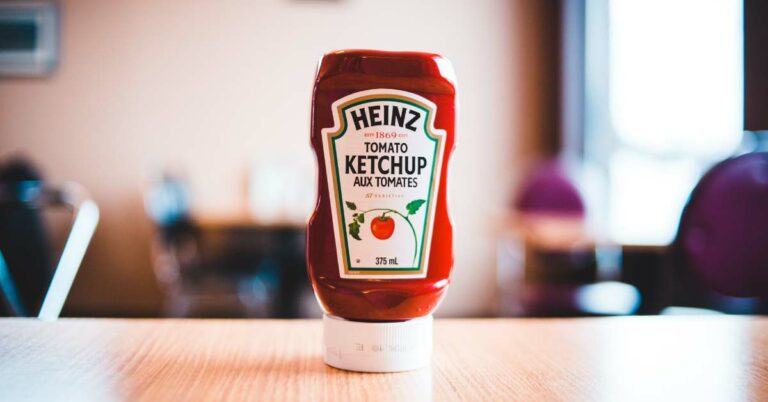Coffee, the aromatic elixir that kick-starts countless mornings around the world, has a history as rich and complex as its flavor. To truly appreciate the journey of this beloved beverage, it’s essential to explore its word origin, tracing back through time to discover the roots of the word “coffee.”
The Arabic Origins: Qahwa and Kahveh
Our journey begins in the ancient coffee lands of Arabia, where coffee was initially discovered and cultivated. The word “coffee” finds its roots in the Arabic word “qahwa” (قهوة) or “kahveh” in Turkish. These terms referred to a dark, invigorating drink made from roasted coffee beans.
The legend goes that a 9th-century Ethiopian goat herder named Kaldi discovered the coffee bean’s stimulating properties when he noticed his goats became more lively after consuming the berries from a certain tree. Kaldi’s discovery eventually made its way to the Arab world, where coffee cultivation and consumption became an integral part of their culture.
The European Transformation: Coffeehouses and the Word “Coffee”
As coffee made its way from the Arab world to Europe, the word “coffee” underwent some transformations. In the 17th century, coffeehouses began to appear in major European cities, serving as hubs of intellectual discourse and social interaction. These establishments quickly adopted the word “coffee,” which was derived from the Arabic term “qahwa.”
In England, the word “coffee” was first documented in 1598, and it quickly became synonymous with the beverage that was gaining popularity across the continent. Coffeehouses became places where people gathered to discuss politics, literature, and the arts, earning them the nickname “penny universities” due to the wealth of knowledge exchanged for the price of a cup of coffee.
The Global Spread: Coffee’s Influence on Language
As coffee continued to spread around the world, it left its mark not only on culture but also on language. Words related to coffee began to appear in various languages, reflecting its significance in daily life.
In Italian, the word “caffe” became synonymous with coffee, while the French adopted the term “café.” In Spanish-speaking countries, you’ll find “café” as well, and it’s fascinating to see how this Arabic word made its way into numerous languages with slight variations in pronunciation.
The Coffee Renaissance: Modern Coffee Culture
Today, coffee culture has experienced a renaissance like never before. From specialty coffee shops to artisanal roasters, the coffee industry has evolved into a global phenomenon. People now savor not just the taste of coffee but the entire coffee experience.
In the world of digital marketing, coffee also plays a significant role. Coffee shops have become popular locations for remote work and meetings, making them essential for professionals like you, Itay, who manage digital marketing services and online businesses.
Conclusion: The Global Language of Coffee
In conclusion, the word “coffee” has traveled a long and fascinating journey through time and across continents. From its humble origins in the Arab world to becoming an integral part of daily life around the globe, coffee’s word origin reflects its cultural significance.
As you, Itay, explore the world of digital marketing and manage clients in various industries, you can draw inspiration from the global language of coffee. Just as coffee unites people from diverse backgrounds, your marketing expertise has the power to connect businesses and audiences worldwide.
So, next time you enjoy a cup of coffee, take a moment to appreciate the rich history and linguistic diversity that accompanies this beloved beverage. It’s a reminder that even in the digital age, the roots of tradition and culture can still be found in the simplest pleasures of life.














